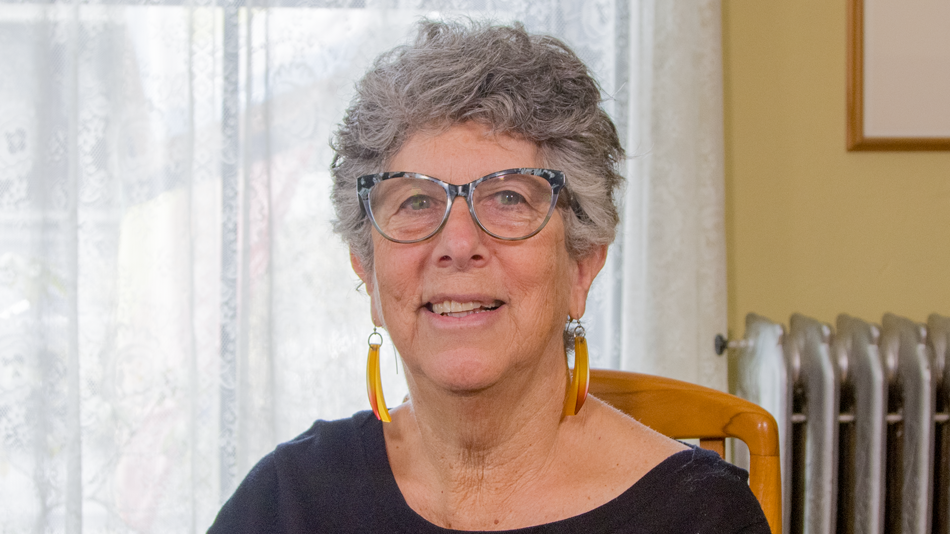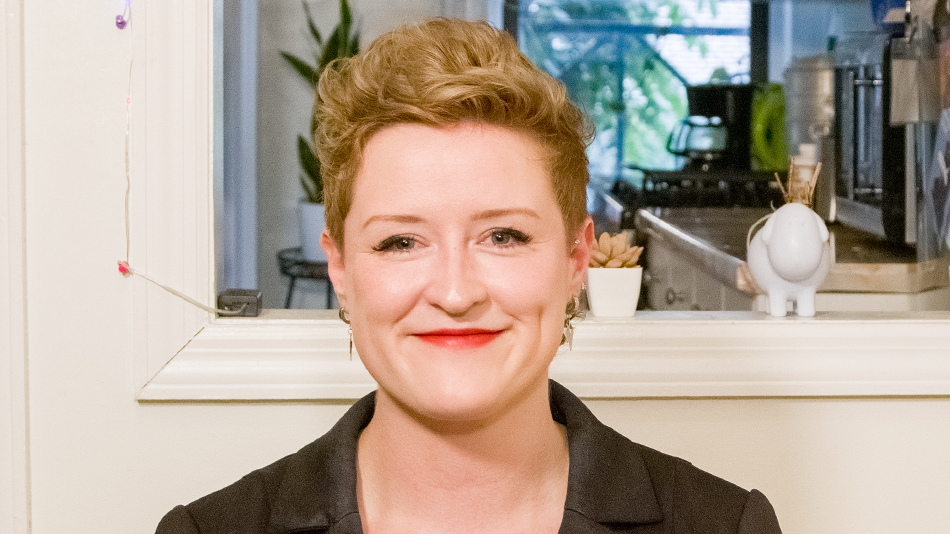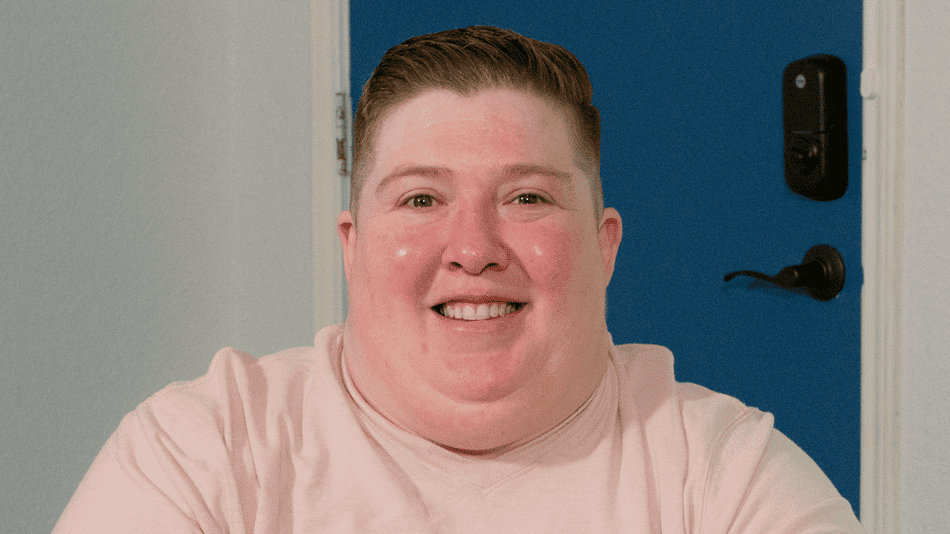
I grew up in the South – with the conservative attitudes that entails. My parents had divorced, and my father had killed himself when I was 12. Despite the instability I grew up with, I came out the first time at 16 – I fell in love with a girl I had met in my latest of a string of mental hospital commitments. I was one of those “suicidal teenagers” you read about. I came out then as bisexual. I believed that at the time. But when she ran off with one of our best friends, I overdosed so badly they had to revive me at the ER – that was my stuff, by the way. I had some trouble accepting reality back then. But I was frightened, and confused, and afraid to love again. I avoided girls after that.
So I went back to boys, for 25 years. I had four daughters, two marriages, and years of overwhelming depression and substance abuse. The first marriage was an on-and-off affair. I was never with him long enough to examine my feelings. The second was a 16-year nightmare. I tried to leave six years into it, not even realizing why I wanted out so badly. He threatened to fight me for the kids if I left, so I stayed. I couldn’t leave my kids. I repressed my feelings so deeply, I actually forgot that first girlfriend. I forgot my first love. And although I had made a point of telling my second husband I was bisexual, I forgot that, as well.
In 2005, at the age of 41, 18 months after finally leaving my last husband, 10 months after his death and 6 weeks after breaking the painkiller addiction that had made it possible for me to continue sleeping with him those last ten years of the marriage – and it was booze that got me through the years before that – I admitted to myself, finally, that I was gay. I acknowledged that men just didn’t flip that switch for me.
It was the most frightening and most liberating thing I had ever done. Within two days, I had told my children, as well. My then 23-year-old’s response was to immediately tell me that she is bisexual – and had been terrified of telling me for years. She never knew I identified as bi. Like I said, I repressed a lot of things, completely. Five years later, my 20-year-old came home from her first date with a boy and announced she was gay. It was not something I would wish on her, given the difficulty it could create in her life, but I was grateful I had the experience to understand what she had been going through since middle school, and that I can support her in accepting herself now.
Not one of my children has had an issue with substance abuse. Three have graduated high school so far – two in the last two years, and the last will do so in another 9 years. They are well-adjusted, stable kids – something I never was. I attribute a good part of that to the fact that I became honest with myself, and with them. If I had not had the courage 4 years ago to admit that I had been living a lie, things might be much different than they are now. My oldest would still be hiding her orientation – and my second oldest might still be denying hers, and suffering some of the fears I felt as a kid.
The best thing I ever did for my family was make the decision to accept myself for who I am. I allowed them to be honest about who they are. I gave them the opportunity to grow and flourish, in an environment of acceptance. I wish I had had that sort of environment growing up, but perhaps it was the fact that I didn’t that enabled me to encourage my children to be who they are. My experiences have given me a strong sense of justice, and a strong desire to allow people freedom to be who they are.
Now, a lot of people hear my story and feel bad for me. They shouldn’t. I had issues beyond being gay. I had issues of depression, and an environment that few kids would have escaped unscathed. The bright spot, to me, is that once I accepted myself for who I am, it gave me the freedom to live. It gave me the freedom to accept other people for who they were, and it gave my kids the freedom to tell me who they are. Admitting that I was gay gave me the power to live my life honestly. Consequently, it gave my children the freedom to live their lives honestly.
I wouldn’t trade that for the world. I wouldn’t change a thing. I chose, on some level, to suppress my true feelings, because I felt I had to. But I forgive myself, because I know at the time, my life depended on it. I just don’t want my children to ever feel that their lives depend on it. I’m proud of my kids. I’m proud of who I am. And I believe all people should stand proud of who they are, whatever their orientation – and that we all have an obligation to care for one another, whatever our differences. What I learned from my experience is that when we’re honest with ourselves, it is much easier to be honest, and to love, others.








Share